detail profile rui morisson
Peran Yang Di Mainkan Rui Morisson
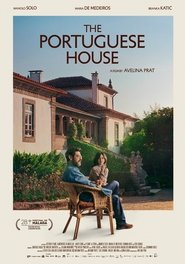 The disappearance of his wife leaves...
The disappearance of his wife leaves...The Portuguese House 2025
The disappearance of his wife leaves Fernando, a quiet geography teacher, completely devastated. Aimless, he assumes another man’s identity as a gardener on a Portuguese estate, where he forms an unexpected friendship with the owner, stepping into a new life that isn’t his own.
 Antnio is a farmer who leaves...
Antnio is a farmer who leaves...Nothing Ever Happened 2022
António is a farmer who leaves his land to go to the city where his son Jorge lives. However, unlike a perfect portrait, the patriarch finds a life of lies, a broken marriage and Pedro, a grandson with dangerous attitudes. It all translates into a life of broken dreams.
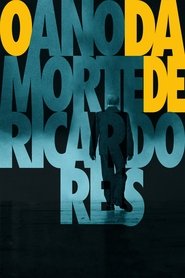 Fernando Pessoa one of the greatest...
Fernando Pessoa one of the greatest...The Year of the Death of Ricardo Reis 2020
Fernando Pessoa, one of the greatest writers in Portuguese, created an immense parallel world and several heteronyms so as to endure the loneliness of genius. José Saramago, 1998 Nobel Laureate in Literature, has a heteronym, Ricardo Reis, return to Portugal after a 16-year exile in Brazil. 1936 is a perilous year with Mussolini’s fascism, Hitler’s Nazism, Spain’s Civil War and Salazar’s New State in Portugal. And Fernando Pessoa meets his creation, Reis. Two women, Lídia and Marcenda, are Reis’ carnal and impossible passions. “Life and Death as one” allows for literature and cinema.
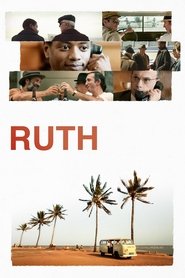 This is the story of a...
This is the story of a...Ruth 2018
This is the story of a young Mozambican footballer called Eusébio, a gifted athlete destined to great achievements, coveted by rival clubs, Sporting and Benfica, which ends up hiring him. Blackmail, kidnapping attempts, ministers involved, press hysteria and huge money offers make the story of this football transfer into a saga evolving between the two continents. It ends up when the legend begins: with Eusébio’s first match at the Benfica Stadium.
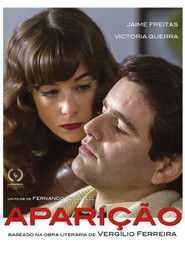 A writer becomes the main character...
A writer becomes the main character...Apparition 2018
A writer becomes the main character in the story he intended to write
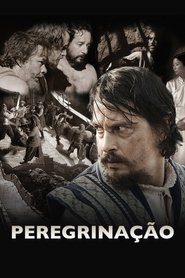 Adventurer pilgrim penitent but above all...
Adventurer pilgrim penitent but above all...Pilgrimage 2017
Adventurer, pilgrim, penitent but above all outstanding writer, Fernão Mendes Pinto left us an unparalleled romance, the living and human palpitation of one of the greatest historical adventures of man.
 Based on Don DeLillos novella The...
Based on Don DeLillos novella The...Never Ever 2016
Based on Don DeLillo's novella "The Body Artist," the film swirls around a self-centered filmmaker who, during a screening of one of his films, wanders into an adjoining gallery and becomes mesmerized by a young performance artist. Dumping his leading lady and long-time lover, Rey embarks on a wild and delirious affair with the equally willing Laura, who jumps on the back of his motorcycle and rides with him into instantaneous love.
 The mysteriously familiar face of a...
The mysteriously familiar face of a...Fado 2016
The mysteriously familiar face of a deceased young woman shakes young surgeon Fabian out of his lethargy. On a whim, he leaves Berlin for Portugal, determined to win back his former girlfriend Doro, who works at an architectural company in Lisbon.
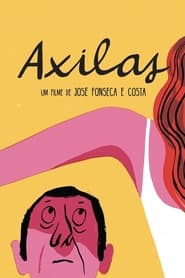 Lazarus de Jesus is the adopted...
Lazarus de Jesus is the adopted...Armpits 2016
Lazarus de Jesus is the adopted son of a wealthy lady from Lisbon, whom he calls Grandmother. It is she who introduces him to Godfather, a great businessman who takes him as his protégé, and Angelina, the woman Grandma wants him to marry. But Lazarus has other hidden interests, the most important of which is an obsessive fixation on female armpits. When he sees the violinist Maria Pia playing, Lazarus immediately falls in love and starts to live for her, which will precipitate an absolutely unpredictable ending.
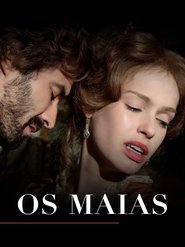 The tragedy and comedy in Carlos...
The tragedy and comedy in Carlos...The Maias: Story of a Portuguese Family 2014
The tragedy and comedy in Carlos' life begins, grows and ends like the tragedy and comedy of Portugal. In the company of his close friend, João da Ega, allegedly a brilliant writer, Carlos, with his idle existence as an aristocratic doctor, spends his time to enjoying friends and lovers. Until he falls in love. She is a new character in this revolutionary novel. It's a vertiginous passion that goes beyond that past gloominess to reach a new and darker abyss, incest.
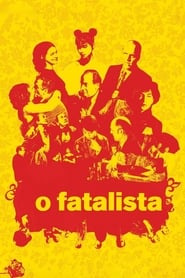 The complex relationship between master and...
The complex relationship between master and...The Fatalist 2005
The complex relationship between master and servant is explored in director João Botelho's adaptation of Denis Diderot's popular novel Jacques le Fataliste et Son Maître. As Tiago (Rogério Samora) drives his master (André Gomes) through the Portuguese countryside to an unspecified destination, the traveling pair embark on a series of highly philosophical discussions. Flowing with tales of his life in the military and previous sexual escapades, Tiago trades a series of tales with his rapt passenger, including the story of a vengeful spurned lover who plots revenge on the nobleman who rejected her by transforming a prostitute into a society lady and convincing him to marry the tainted bride.
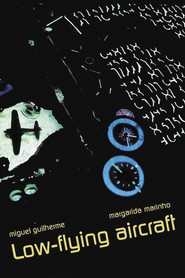 Based on a the short story...
Based on a the short story...Low-Flying Aircraft 2002
Based on a the short story "Low Flying Aircraft" by J.G. Ballard and set in a near future where humans are dying breed. Judite and André flee to a semi-abandoned apartment complex to protect their mutant child from certain death.
 A wealthy landowner The Dauphin enjoys...
A wealthy landowner The Dauphin enjoys...O Delfim 2002
A wealthy landowner, "The Dauphin," enjoys a decadent life of hunting, drinking, and womanizing. He oversees his estate, the Laguna, with his barren wife, his one-armed manservant, and his treasured guard dog. When a sportsman (the film’s narrator) comes to the estate for his annual duck-hunting excursion, he discovers the body of the landowner’s wife floating in the lagoon and the manservant dead on his master’s bed. The Dauphin and his dog are nowhere to be found except for the mysterious barking sounds heard over the lagoon.
 Concerns an Irish woman Cathy Pauline...
Concerns an Irish woman Cathy Pauline...Bad 2000
Concerns an Irish woman, Cathy (Pauline Cadell), who dearly loves her Portuguese lawyer husband, Pedro (Rui Morisson); however, unbeknownst to her, he engages in one tryst after another. Cathy soon finds herself trying to help a young delinquent get off heroin, while the youth's desperate mother joins a weird religious cult. In other segments, an elderly man is nearly driven mad with grief at the loss of his granddaughter in a train station, while a down-and-out jeweler ushers the young girl to a hotel room.
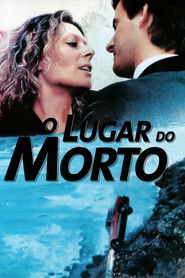 A newspaper reporter comes across a...
A newspaper reporter comes across a...Dead Man's Seat 1984
A newspaper reporter comes across a man and woman arguing on the beach, and after obligingly driving the woman around when she seeks him out, he takes her back to discover that the man has been murdered. The woman takes off, but the reporter, after many twists and turns, runs into her on a train. They start a relationship, but he had better pay closer attention to how he got to know her in the first place.

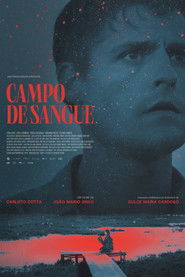 The character of a novel gains...
The character of a novel gains...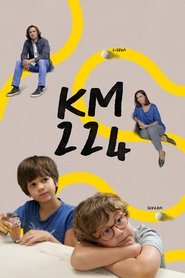 Mrio and Cludia are going through...
Mrio and Cludia are going through...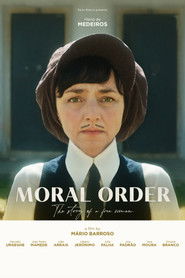 In 1918 Maria Adelaide Coelho da Cunha...
In 1918 Maria Adelaide Coelho da Cunha... A crime drama based on the...
A crime drama based on the...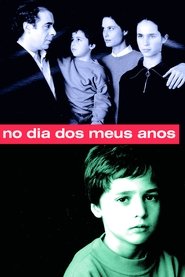 This Portuguese movie directed by Joo...
This Portuguese movie directed by Joo...